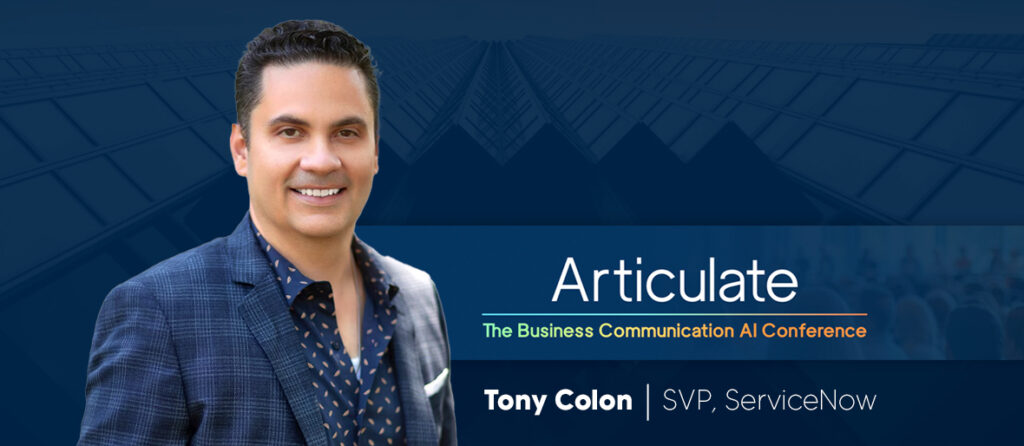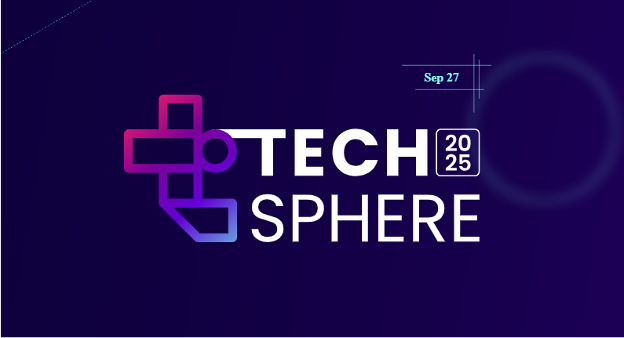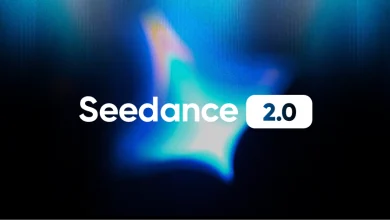
While AI promises to drive business efficiencies and further economic growth, its impact on the labor market is an ongoing source of uncertainty. So much so that even Dario Amodei, CEO of Anthropic, warned that AI could wipe out half of all entry-level white-collar jobs within the next few years.
Despite his prominent role in the AI industry, Amodei issued the bold statement to help business leaders get ahead of the disruptive changes ahead of time.
And although AI is set to decrease demand for some job roles, it’s creating opportunities elsewhere.
For example, ServiceNow helps enterprises automate their workflows and aims to establish its position as the “ultimate” AI platform for business. This AI focus has driven consistent year-over-year (YoY) revenue growth of 20 percent, with the company set to break the $10BN ARR barrier for the first time.
Meanwhile, JMP analyst Patrick Walravens met with ServiceNow on August 4th to observe the latest demonstration of the AI Control Tower product and AI Agent Studio. Following this, the firm reiterated a “Market Outperform” rating on the stock with a $1,300.00 price target.
ServiceNow’s success with Agentic AI hasn’t resulted in a wave of job cuts. Instead, the company has embarked on a massive hiring drive to secure 3,000 new employees.
Yet the rise of AI in the workplace means that employees need to bring a different set of skills to the table in order to succeed personally and drive company growth. Here’s what leaders need to know.
AI is redefining how employees add value
In 2025, it’s clear that AI is going to have a transformative impact on the labor market.
However, jobs are being redefined, not eliminated. Skills that were once considered niche are now mission-critical.

Repetitive, data-heavy, and rules-based tasks are already being automated. As the decision-making capabilities of technologies develop, the technology will work independently across more workflows.
Automating business workflows and moving away from manual delivery isn’t just about how employee resources are used. Shagun Malhotra, Founder of Skystem, points out that automating complex tax, audit and accounting tasks helps to improve business continuity and performance by reducing errors and discrepancies.
Looking ahead, employees can complement the powerful capabilities of technology with uniquely human strengths like creativity, empathy, strategic thinking, and problem-solving to enhance service delivery across all departments.
Still, the rapid pace of AI adoption means these changes are often playing out in real time.
This means many leaders are still working on how to adjust business processes and apply the strengths of both technology and employees for the best results.
Driving dialogue on AI adoption
The upcoming Articulate conference 2025 aims to shed light on this challenge, and help business leaders work through the real-time disruption brought about by AI. Set to take place in San Francisco on September 25th at the St. Regis Hotel, the event will explore what skills will matter most in an AI-first future and also address how enterprises can realize ROI from AI.
“When it comes down to business communication, the question of whether or not to leverage AI is pretty much null. A 2022 survey from MIT found CIO’s ambitions limited,” Rajat Mishra, CEO of Prezent and speaker at the Articulate conference, noted while in conversation with Fast Company.
Although 94% of organizations surveyed by MIT were using AI in some way, only 14% aimed for enterprise-wide use by 2025, the CEO noted.
“At this stage, it’s fair to say that AI is now ubiquitous in the modern workplace, which means the question is no longer ‘when should I pull the trigger on using AI’, but ‘how can I use AI strategically, added Mishra.
We know that employees will play a major role in how AI is used to drive business performance. Here, Articulate promises to offer cutting-edge strategies during the keynote address from Tony Colon, SVP of Customer Excellence at ServiceNow.
Tony Colon is playing a leading role with ServiceNow’s ongoing success story and brings years of experience in scaling customer success for leading enterprises. His session will give insights into skills that will define leadership in an AI-first future.
Another highlight from the Articulate conference by Prezent includes a dedicated session on Getting Real ROI from AI, which will bring together seasoned executives who have led successful large-scale AI initiatives inside well-recognized industry-leading tech companies, including Alexandra Zagury from Cisco, Zack Rhodes from GRAIL, CIO at Marvell Technology, Nishit Sahay, and Elizabeth Whitson from Gilead Sciences.
Democratizing the use of AI
While business leaders are increasingly focused on using AI to unlock tangible improvements to revenue, productivity and customer satisfaction, this is just part of the conversation.
Researchers at the University of Antioquia believe that we need to stop reacting to the impacts of AI as they develop, but put the technology at the heart of discussions.
Taking place on September 27th, TECH SPHERE will bring technology leaders, researchers, entrepreneurs, and professionals together in Medellin, Colombia to explore how we can solve real-world problems with AI. The TECH SPHERE 2025 agenda aims to better understand AI and democratize its use.
There will be step-by-step technical workshops on ETL with Vibe Coding in Colab, talks on AI-oriented software architecture, and dedicated sessions to address questions such as how we can move from experimentation to application in real-world environments and the role that synthetic data or low-code platforms play in AI adoption.
Facing AI adoption head-on
The pace of AI development has moved at an incredible pace in just a few short years. Yet we’re still just scratching the surface in terms of the capabilities of this technology and how widely it will be adopted across industries.
Although the availability of AI solutions is a major part of the picture, adoption will hinge on how these are used in the real world. Events like Articulate and TECH SPHERE bring experts together to unpack pressing questions and find workable solutions.
As Ranjit Tinaikar, CEO of Ness Digital Engineering, put it, “2025 is the year that leaders need to transition from treating AI as the new shiny object… to taking concrete steps to adapt to the incredible impact that this technology can deliver on training, company culture and performance.”






